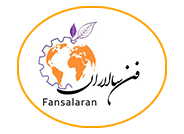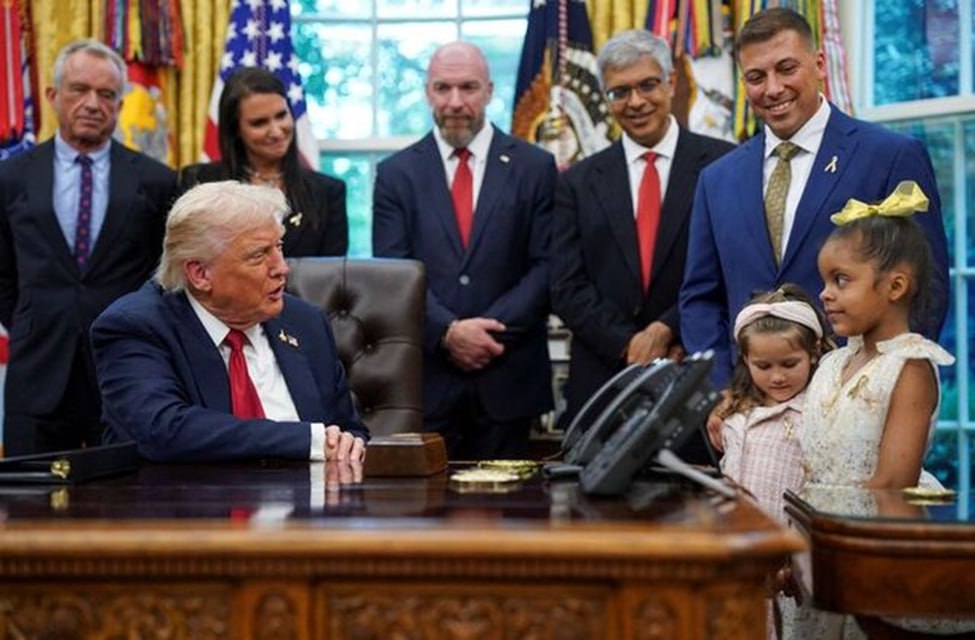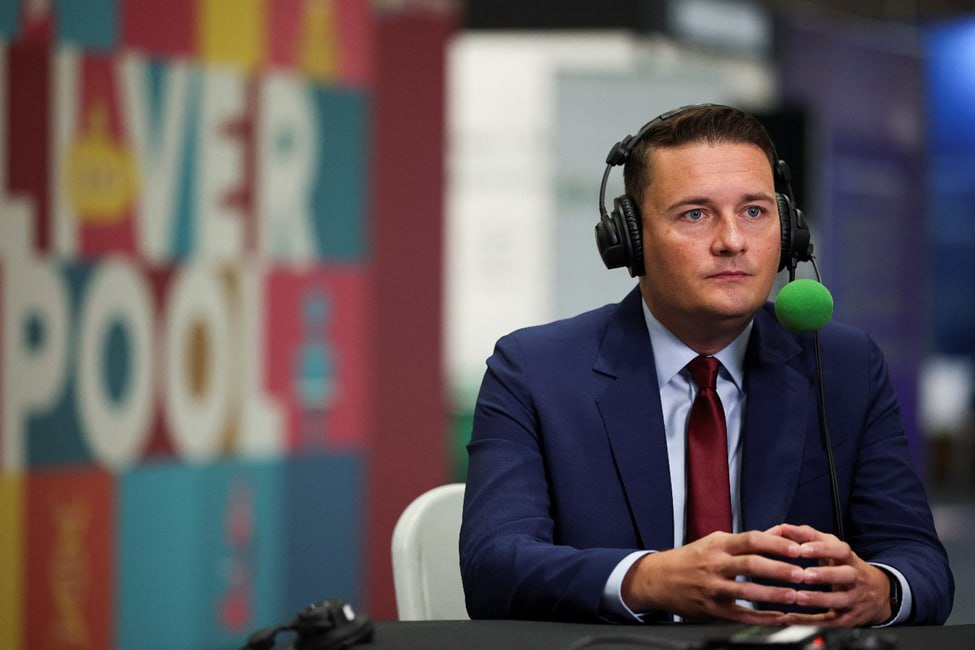U.S. President Donald Trump signed an executive order on Tuesday to bolster the use of artificial intelligence and provide an additional $50 million in research grants aimed at finding cures for childhood cancers, according to a White House official.
The order builds on the National Cancer Institute’s Childhood Cancer Data Initiative, a 10-year, $500 million program announced by Trump during his 2019 State of the Union Address focused on gathering and sharing data on childhood cancers.
“Pediatric cancer remains the leading cause of chronic disease-related deaths for children in the United States, and its incidence has increased by more than 40% since 1975,” Michael Kratsios, director of the White House Office of Science and Technology Policy, said in a briefing.
Data gathered through the 2019 initiative now make it possible for researchers to use AI to “improve clinical trials, sharpen diagnoses, fine-tune treatment, unlock cures and strengthen prevention strategies,” Kratsios said. The data initiative proposed $50 million in funding over 10 years.
According to a White House official, the National Institutes of Health will be doubling its investment by an additional $50 million to take advantage of, and improve, existing data, with more investments planned. The funding is aimed at attracting scientific teams through competitive research grants, the official said.
The announcement follows Trump’s 2026 budget proposal for cutting the NCI budget by 37%, cuts that were ignored in both the House and Senate 2026 budget proposals, which have not yet been finalized.
Advances in the use of artificial intelligence in pediatric cancers have lagged those in adult cancers, in part because of the diversity and rarity of pediatric cancers, and ethical issues tied to data protection for young patients, according to a 2024 editorial in The Lancet.
According to the World Health Organization, some 400,000 children from infants to age 19 are diagnosed with cancer worldwide each year.






